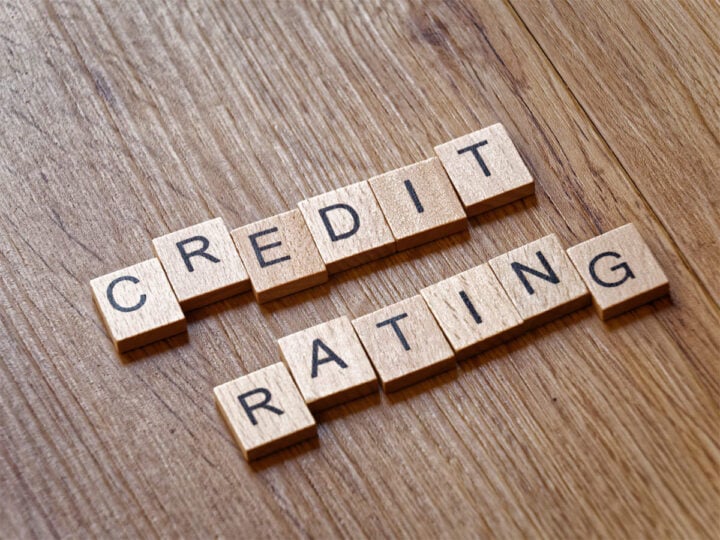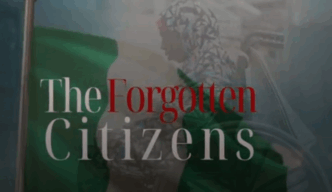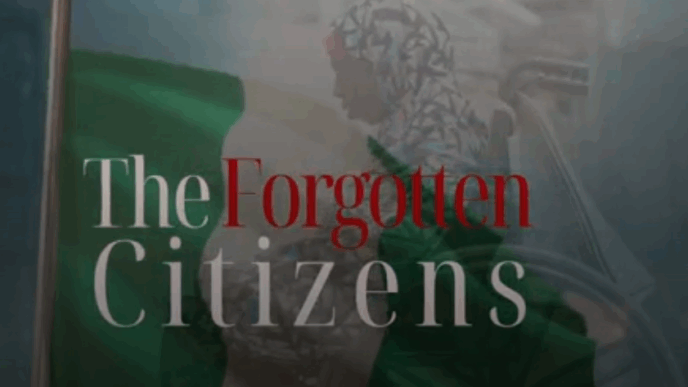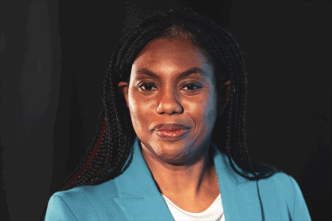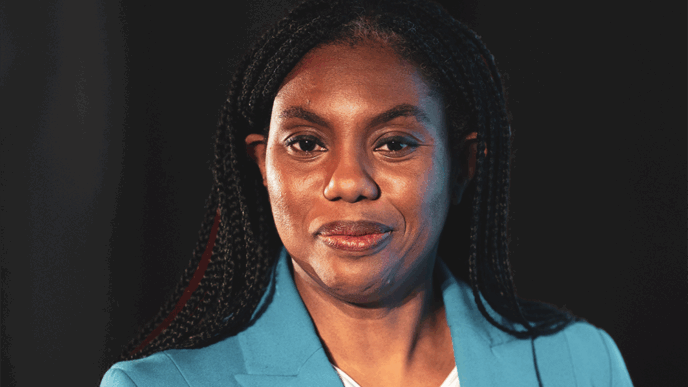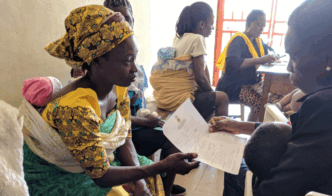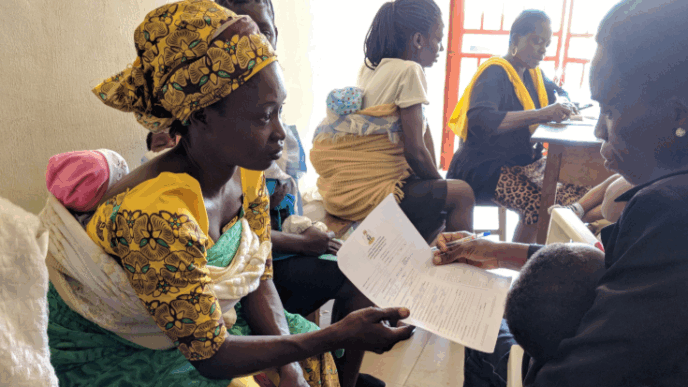BY DOVISH OKOJIE
Credit ratings have become a dominant factor in shaping the global perception of Africa’s economic health and investment climate. But what exactly are these ratings? Who defines them? And more importantly, do they truly reflect the realities, complexities, and aspirations of Africa, or are they merely external lenses shaped by distant observers? We have to understand that credit ratings are not just statistical judgments, they are narratives, opinions, and reflections shaped outside Africa, often failing to align with our on-the-ground potential and realities.
Africa has been viewed through an external telescope for too long: distant, misunderstood, and undervalued. Credit ratings, issued by global agencies like Moody’s, S&P, and Fitch, have frequently amplified this skewed view by branding African nations as “high risk” even when the fundamentals tell a more nuanced, hopeful, and investable story. To move forward, Africa must boldly challenge, recalibrate, and redefine this external gaze. This is a call for an intellectual, economic, and strategic revolution to recalibrate how Africa is seen and how it sees itself.
Why Credit Ratings Matter
Advertisement
Credit ratings are a gateway to global capital. A country rated “investment grade” can access funds more cheaply; a country labelled “junk” pays a higher premium or is locked out altogether. For many African countries which rely on external borrowing for development financing, these ratings directly influence debt sustainability, budgetary planning, infrastructure investments, and social spending.
But beyond their economic impact, credit ratings are perception tools. They shape how international investors, development partners, multilateral agencies, and even domestic policymakers view a nation. A downgrade can trigger capital flight, discourage foreign direct investment, and spark currency depreciation. They can reinforce negative stereotypes and feed into the Afro-pessimism narrative.
Structural Bias and Systemic Blind Spots
Advertisement
While rating agencies claim objectivity, it’s logical to say that they are often clouded by bias, limited data, and a lack of contextual appreciation for our unique realities. Here’s why:
Legacy Eurocentrism: Rating agencies emerged from Western financial systems with frameworks calibrated for industrialized, stable, market-driven economies. Applying the same yardsticks to emerging African economies often with informal sectors, unique fiscal structures, and developmental state priorities can result to misalignment.
Pro-cyclicality: Ratings tend to amplify economic trends rather than mitigate them. When things go wrong ratings are downgraded. This increases borrowing costs, worsens the crisis, and limits policy flexibility which traps African nations in a vicious cycle.
Undervaluation of Assets: African countries are often judged heavily on debt-to-GDP ratios without factoring in the latent value of natural resources, demographic dividends, and informal economy resilience. Sovereign wealth in minerals, arable land, or strategic geopolitical positioning is poorly integrated into risk assessments.
Advertisement
Lack of Representation: No African rating agency holds global clout. The “Big Three” (Moody’s, S&P, Fitch) dominate the narrative, yet none are headquartered in Africa or significantly staffed by African experts familiar with the continent’s intricacies.
Case in Point
The COVID-19 pandemic exposed how detached global credit ratings can be from real economic behavior. In 2020, 18 African countries were downgraded or placed under negative watch, more than any other region in the world. Yet, many of these countries demonstrated extraordinary fiscal discipline, innovative social protection strategies, and effective public health responses.
For instance, our beloved Nigeria maintained macroeconomic stability in the face of dual oil price shocks and a global pandemic, but faced skeptical reviews from rating agencies. Similarly, our neighbor Ghana was downgraded multiple times despite introducing innovative measures such as digital revenue mobilization, e-levy taxation, and aggressive COVID-19 containment.
Advertisement
These cases reveal a troubling inconsistency: performance and ratings are frequently misaligned, driven not just by fact but by fear, expectation, and external narratives.
The Cost of a Skewed Narrative
Advertisement
The consequences of being misrepresented in the global credit space are deep and lasting:
Higher Interest Payments: African nations pay up to 5–10% more in borrowing costs compared to similarly situated countries outside Africa.
Advertisement
Crowding Out Development: Higher debt servicing squeezes budgets for education, healthcare, and infrastructure which ironically increases the very risks that rating agencies claim to measure.
Investor Hesitation: Conservative institutional investors rely heavily on ratings, so poor scores limit Africa’s ability to attract long-term, patient capital.
Advertisement
Sovereign Stigma: Once downgraded, countries struggle to regain previous status. This “rating trap” can deter reforms, reduce fiscal creativity, and lead to overdependence on emergency loans from multilateral institutions.
Building Our Own Rating Ecosystem
Africa must not wait for external validation. Instead, the continent should build its own framework to measure creditworthiness, one that balances risk with resilience, and debt with development. Several steps can lead the way:
Establishing African-Led Rating Agencies: It’s refreshing to know that Africa is in the process of launching its own credit rating agency, the African Credit Rating Agency (AfCRA), which is expected to begin operations by September 2025. This initiative is spearheaded by the African Union (AU) and we hope it will incubate continental rating systems that are contextual, inclusive, and developmental.
Expanding Data Sovereignty: African countries must invest in reliable, timely, and transparent data systems to provide accurate fiscal and economic information. Better data leads to better risk assessment.
Creating Pan-African Indices: A “Continental Resilience Index” or “Development Potential Score” could highlight structural strengths and reform trajectories overlooked by conventional ratings.
Building Regional Investor Pools: Through the African Continental Free Trade Area (AfCFTA) and African Sovereign Wealth Funds, countries can support each other financially, reducing reliance on foreign capital markets.
Negotiating With Power: African governments, through the African Union and regional blocs like ECOWAS and SADC, must engage with rating agencies, challenge unjustified assessments, and assert their right to a fair hearing.
Reimagining Sovereign Credit
What if credit ratings focused not just on debt levels but on how effectively a nation uses borrowed funds to uplift its people? What if a country’s youthful population, renewable energy potential, digital innovation ecosystem, and entrepreneurial culture were rated as assets?
Africa is the world’s youngest continent, the next global growth frontier, and home to the fastest-growing urban markets. Yet, these positives are rarely reflected in ratings. A mindset shift is needed from risk aversion to opportunity capitalization.
Instead of viewing Africa through a deficit lens, global capital must start seeing the continent as an engine of innovation, transformation, and inclusive development. Ratings should evolve to reflect this paradigm shift.
A Future-Forward Vision where Africa Speaks for Africa
It would be refreshing to see a situation where an African Sovereign Risk Observatory (ASRO) analyzes continental risks from an Afrocentric lens. And countries rated poorly by foreign agencies can appeal decisions through a multilateral African Financial Standards Board.
Africa should no longer be a subject of analysis but an author of its own financial story. Just as Africa is demanding a seat at the UN Security Council and pushing for fairer trade rules at the WTO, it must also seize control of how its creditworthiness is portrayed.
Policy Recommendations Towards a Fairer Credit Ecosystem
∙ The proposed African Credit Rating Agency should be supported by the AfDB and UNECA.
∙ Encourage Domestic and Regional Credit Enhancement Schemes to boost investor confidence.
∙ Institutionalize Sovereign Credit Appeal Mechanisms at multilateral levels, allowing countries to contest unjust ratings.
∙ Invest in National Statistical Systems for transparency, accuracy, and trustworthiness in public finance data.
∙ Launch Capacity-Building Programs for African journalists, economists, and public officials to challenge flawed narratives with data-driven counterpoints.
∙ Promote Innovative Financing Models like diaspora bonds, green bonds, and blended finance that bypass the conventional rating bottlenecks.
Rewriting the African Credit Story
Credit ratings are not just economic tools; they are instruments of power. They influence who gets money, how much, and on what terms. They can uplift or marginalize, include or exclude. In Africa’s case, they have often done the latter.
But the continent is not powerless. A new generation of African economists, technocrats, thinkers, and leaders is rising, armed with data, dignity, and a deep belief in the continent’s potential. Africa should no longer wait for permission; it must assert its own vision.
It’s time to stop letting others tell our story. It’s time to stop being evaluated by those who do not walk our streets, understand our economies, or feel our aspirations. It’s time to flip the script: from credit ratings as external views to sovereign narratives of internal strength.
Africa is not a continent of risk. It is a continent of promise, purpose, and progress. The world must see that or we will show them.
Dovish Okojie is a management consultant and public affairs analyst. He writes from Abuja and can be reached through [email protected]
Views expressed by contributors are strictly personal and not of TheCable.
